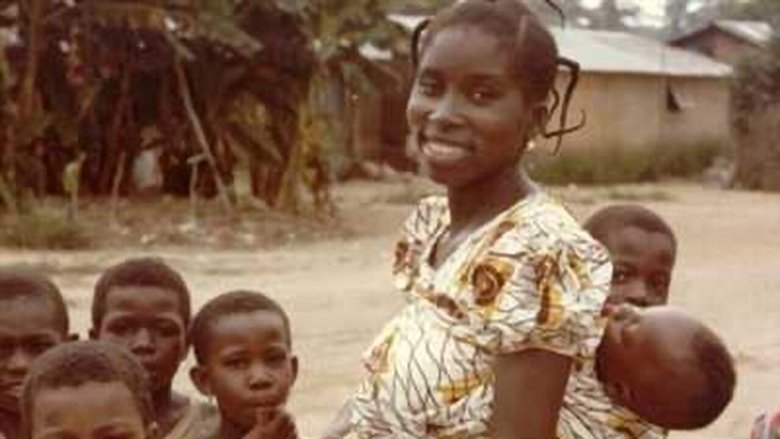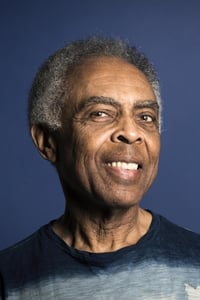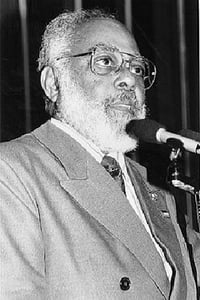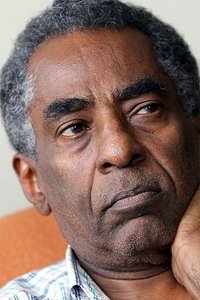Ôrí
Genres
Documentary
OverView
A look at the Brazilian black movement between 1977 and 1988, going by the relationship between Brazil and Africa.
Others
Budget
$--
Revenue
$--
Status
Released
Original Language
Portuguese
Runtime
100 mins
Rating
8.2/10
Release Date
02 May 1989
Country
Brazil





